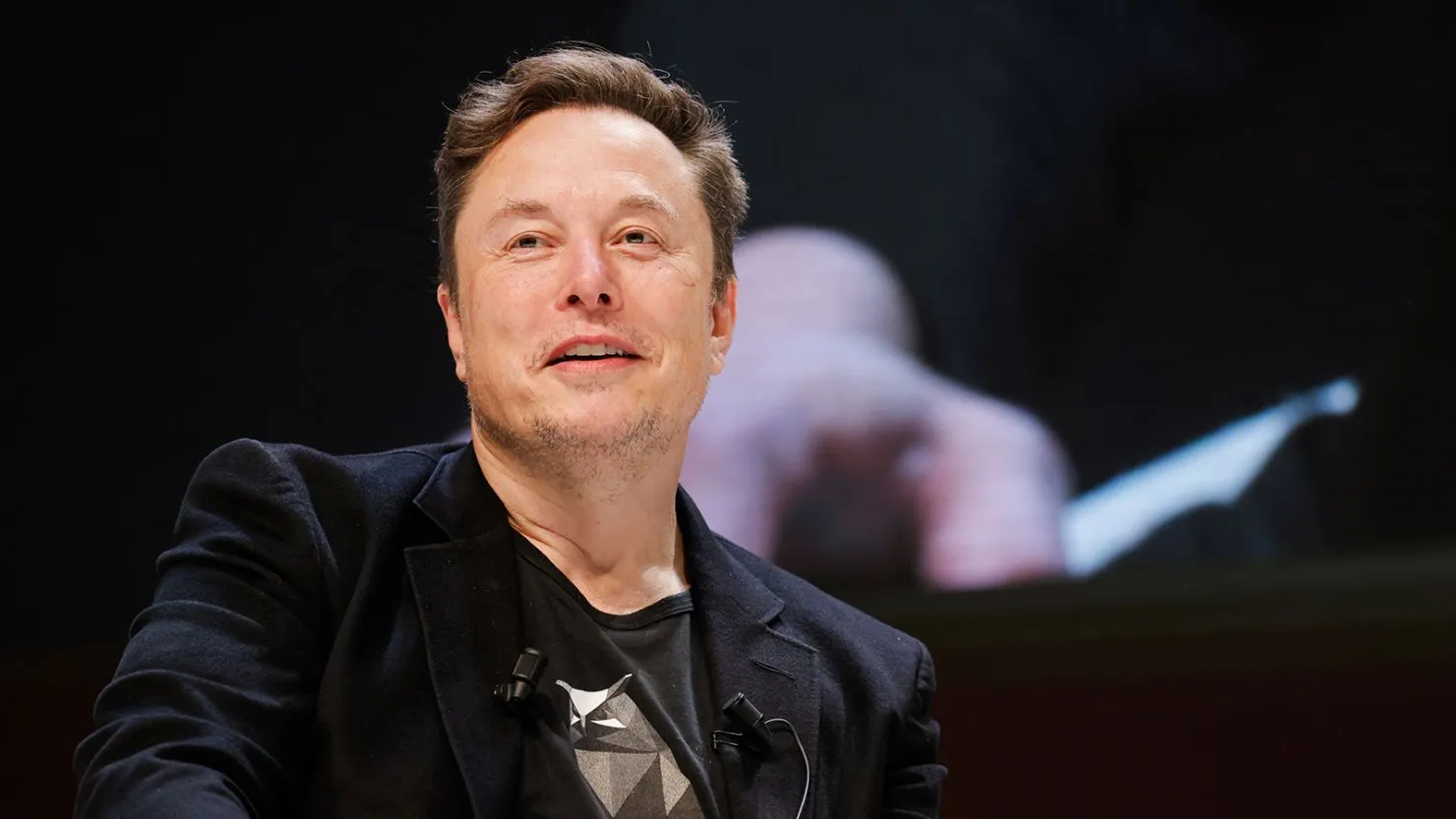Where is Elon Musk From?
Elon Musk is a name that has become synonymous with innovation and entrepreneurship. Born on June 28, 1971, in Pretoria, South Africa, Musk’s journey began in a relatively quiet suburban setting. His mother, Maye Musk, was a Canadian model and dietitian, while his father, Errol Musk, was a South African electromechanical engineer. Growing up in South Africa during the apartheid era, Musk was an inquisitive child who showed early signs of interest in technology and entrepreneurship. By the age of 12, he created and sold a video game called Blastar, marking the beginning of his lifelong pursuit of creating and innovating in the tech world.
From South Africa to Silicon Valley
In pursuit of better opportunities, Musk moved to the United States in 1995. After briefly attending Stanford University for a PhD in applied physics, he dropped out to pursue business endeavors in Silicon Valley. Musk initially founded a web software company named Zip2, which he later sold for nearly $300 million. This sale marked the beginning of Musk’s foray into the world of startups that would define his career.
Elon Musk’s Impact on Technology
Musk is best known for several groundbreaking companies, including PayPal, Tesla, and SpaceX. Each of these ventures has had a profound impact on their respective industries, challenging norms and setting new standards.
PayPal revolutionized online payments, Tesla has pushed the automotive industry towards electric vehicles, and SpaceX has made substantial strides in commercial space travel, aiming to make interplanetary colonization a reality.
The Evolution of His Public Persona
Musk’s public perception has fluctuated over the years, from being hailed as a visionary to being criticized for his outspoken nature, particularly on social media. His tweets often cause significant market reactions, especially in the cryptocurrency space, leading to wild fluctuations, as seen during the rise and fall of Dogecoin.
Live Updates from the Trump Administration: Tariffs and Key Political Events
As we explore the current political landscape, the intersection of technology and government remains a focal point. Recently, the Trump administration has been in the news over tariffs, North American trade policies, and relations with China. Tariffs imposed on Chinese goods have stirred debate within various sectors, including technology. As major tech companies like Apple and Huawei navigate these challenges, the impact on consumers and the economy is becoming increasingly apparent.
Trump and Musk: A Noteworthy Alliance
Former President Donald Trump has often spoken favorably of Elon Musk, acknowledging his contributions to technology and innovation. In a recent joint address, Trump remarked on Musk’s capabilities, stating, “My friend Musk has done a fantastic job.” Such endorsements highlight the symbiotic relationship between the tech mogul and political figures. It underscores the complex relationship between government regulations and the tech industry, especially as the U.S. navigates its position in the global economy.
Joint Events and the Future of Cryptocurrency
In a curiosity that combines Musk’s celebrity status with political influence, Trump and Musk recently held a joint event focused on the future of technology and cryptocurrency. The event attracted attention, especially for Musk’s relationship with Dogecoin. Once a meme-based cryptocurrency, Dogecoin saw massive surges in popularity, largely fueled by Musk’s enthusiastic promotion. However, recent developments have seen Musk step back from the forefront, leaving enthusiasts and investors speculating on the future directions of such digital currencies.
Implications for Investors and Enthusiasts
For cryptocurrency investors and enthusiasts, the dynamic between influential figures like Musk and political leaders such as Trump can create ripples in market behavior. When Musk tweeted about Dogecoin, prices soared; when he fretted over environmental issues related to Bitcoin mining, that too had a significant impact.
This joint event between Trump and Musk opened discussions about the potential for regulation in the cryptocurrency sector, which could have long-lasting effects on how these currencies evolve. Investors are left to navigate this changing landscape, weighing the balance of innovation against regulatory constraints.
The Broader Implications of Tariff Policies
The impact of tariffs under the Trump administration extends beyond just technology. Industries ranging from agriculture to automotive have felt the pressure of increased costs associated with imports. As discussions of trade policy continue to evolve, business leaders, including those in the tech sector, are emphasizing the need for clarity and stability to foster innovation.
Looking Ahead: The Intersection of Technology and Politics
As we reflect on the current state of technology and politics, it becomes clear that the paths of influential figures like Elon Musk and politicians such as Donald Trump overlap in myriad ways. Collaboration, competition, and tension all characterize this relationship, as national interests clash with global business strategies.
Furthermore, as political leaders and tech giants navigate each other’s domains, public reaction will continue to shape the narrative. Citizens are becoming increasingly aware of how technology impacts daily life, from privacy concerns to economic opportunities. The dialogue surrounding technology and policy will likely intensify, pushing for greater scrutiny and more robust regulations.
Conclusion
The intersection of Elon Musk’s innovative journey and the political developments in the United States exemplifies the intertwining of technology and government. As leaders from both sectors continue to engage, it’s essential to consider the implications of their partnerships and policies on the everyday lives of citizens, investors, and the broader market landscape. In the coming years, the conversations initiated today may steer the future pathways of technology, economics, and, ultimately, society itself.





